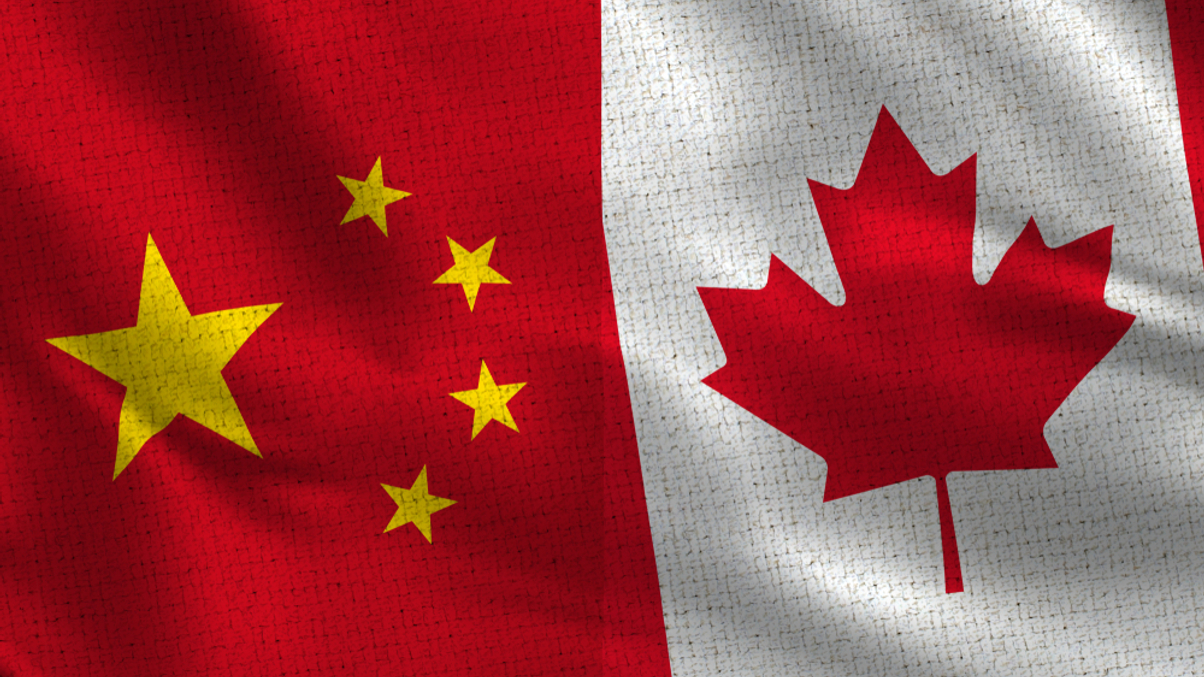In focus: Canadian pensions' China exposure under scrutiny as tensions grow
Five of the largest pension funds in Canada were questioned on their exposure to China by a parliamentary committee of the Canadian government earlier this month.

As political tension between Beijing and Ottawa escalates, leaders of two of Canada’s largest public pension funds told a parliamentary committee of the Canadian government they have paused direct investments in China.
Sign in to read on!
Registered users get 2 free articles in 30 days.
Subscribers have full unlimited access to AsianInvestor
Not signed up? New users get 2 free articles per month, plus a 7-day unlimited free trial.
¬ Haymarket Media Limited. All rights reserved.


